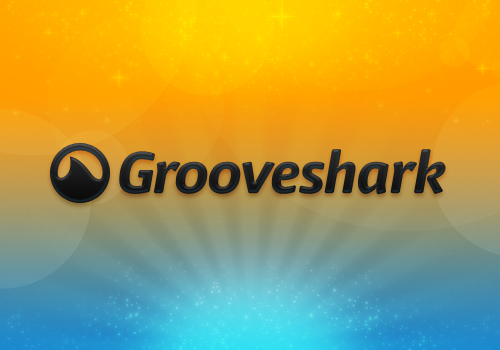 This comment was posted to a blog post by Tunecore CEO Jeff Price which launches both personal and professional attacks on Grooveshark. Grooveshark’s CEO Sam Tarantino quickly shot back with 6 reason by music should be free, all six of which I agree with. Tunecore makes its money charing a flat $50 fee to musicians in exchange for digital distribution (and 100% of royalties, minus the sizeable chunk the distributor removes). Grooveshark is an ad-supported global jukebox. Unfortunately, they have become a scapegoat for the low compensation musicians are receiving from digital music, when really this is a problem endemic in the industry.
This comment was posted to a blog post by Tunecore CEO Jeff Price which launches both personal and professional attacks on Grooveshark. Grooveshark’s CEO Sam Tarantino quickly shot back with 6 reason by music should be free, all six of which I agree with. Tunecore makes its money charing a flat $50 fee to musicians in exchange for digital distribution (and 100% of royalties, minus the sizeable chunk the distributor removes). Grooveshark is an ad-supported global jukebox. Unfortunately, they have become a scapegoat for the low compensation musicians are receiving from digital music, when really this is a problem endemic in the industry.
I was so incensed by Price’s hollow and mean-spirited diatribe I had to respond — you might want to read the original post to put the following in context:
To say that Tunecore “does not earn its money off the sale of the music” is preposterous and misleading. Who is drinking whose own Kool-Aid here? You may charge a flat rate, but without digital music sales (ie if music were freely distributed as it should be), you would not be able to charge a fee.
This is a classic case of “the dinosaur’s tail doesn’t know its brain is dead yet.”
As a musician, I always appreciated the service Tunecore provided as a cost-effective way for musicians to “play the game”. But it’s alienating diatribes like yours that bring me closer to the conviction that a world of free music is the inevitable and far better solution.
How about you stop whining and use some of those profits to fight for a better deal from iTunes etc. for artists?
The current system does not compensate us fairly, from the top (Eminem) to the bottom (most musicians). You do nothing but make it easier for us to be compensated unfairly.
Yes, of course musicians want to be paid for use of their music. That’s called licensing. Listening to music via the global jukebox is a different and fair use.
You’re completely missing the point. Those of us who have already accepted that music will and must be free don’t care if Grooveshark is banking off our streams. They provide an incredible platform to distribute our music! What is the alternative, $0.005 per play? Musicians simply don’t feel the way you characterize them in your post, and I for one resent it.
I’m sorry you’re not in the 360 licensing or concert businesses. I don’t think Tunecore has much of a future with the rotten, condescending attitude you’re displaying. I don’t hear an ounce of fighting for musicians in your argument — how about using some profits to lobby the digital distribution cartel for a much-deserved greater royalty for artists? Or do you just spew ad hominem attacks and vitriol at your competition in hopes that mean words will make the problems with your business model go away? I certainly won’t be returning as a customer.



 Anonymous announced today (
Anonymous announced today (